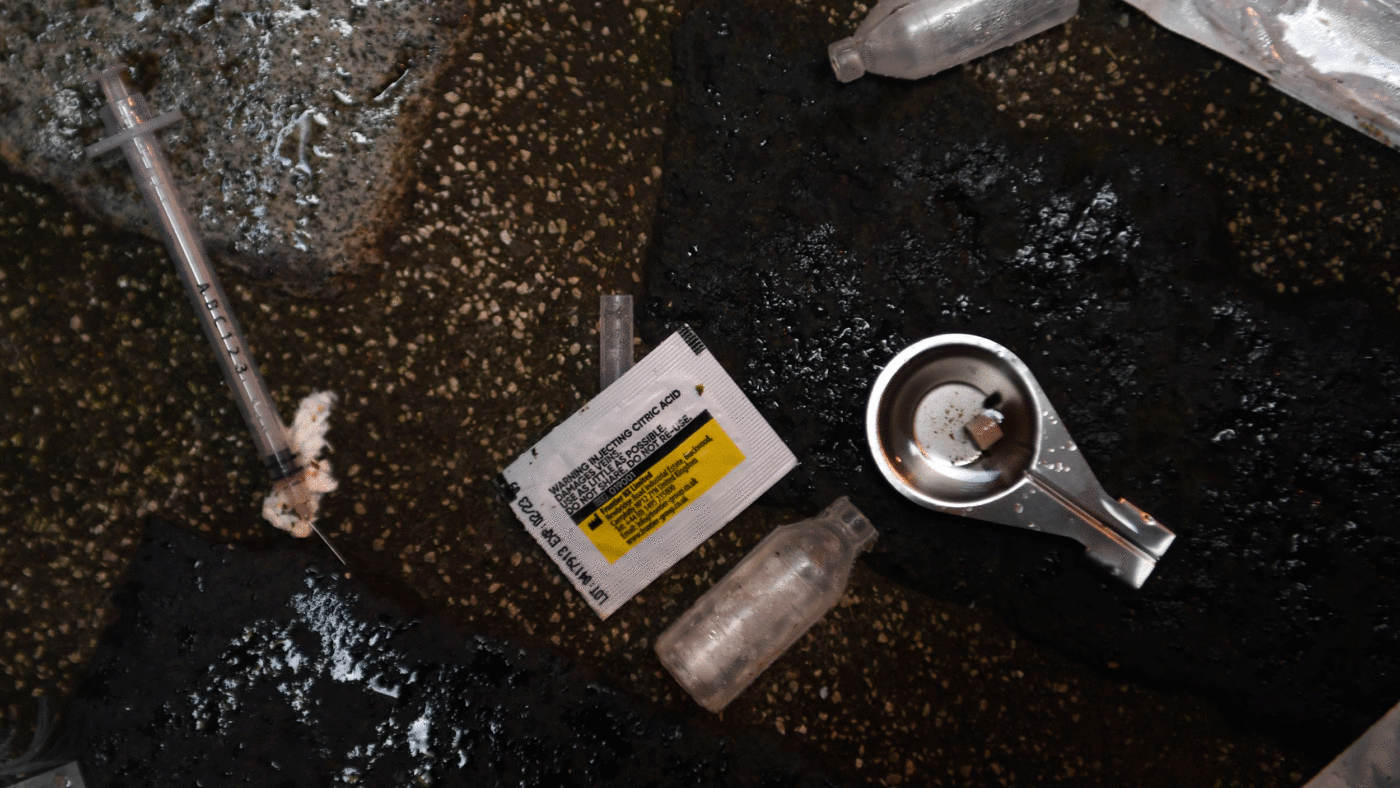Back in May, I wrote about proposals by the Scottish National Party to decriminalise drugs north of the border. This week, that policy took a big step closer to reality.
New guidance issued by Dorothy Bain QC, the Lord Advocate, gives Police Scotland licence to issue warnings to people caught in possession of Class A substances. Until now, such discretion was afforded only when people were caught with Class B and Class C drugs.
She is apparently keen to stress that this ‘diversion from prosecution’ policy does not amount to actual decriminalisation. But it nonetheless sends a strong signal to users. No wonder some Scottish politicians are angry that it has been announced by a law officer, rather than debated and voted on by MSPs.
Nonetheless, it now holds open the intriguing possibility that devolution might, for once, get to function as a policy lab. England and Scotland will have different policies – and the results might tell us something useful.
As I explained in the previous piece, there are strong grounds to be sceptical about decriminalisation, official or otherwise. The major risk is that it lifts a lid off demand whilst keeping supply in criminal hands, resulting in more of the negative outcomes that arise from the black market.
On the other hand, it can certainly offer advantages to the user/consumer. As buyers, reduced threat of legal sanction has an obvious appeal. More importantly, as users, it could make people less hesitant to seek assistance when they get into difficulty. That would save lives, especially in the case of something like MDMA where most deaths are artefacts of prohibition.
(The list of drugs covered by the new guidance – The Times lists ‘heroin, cocaine, ecstasy and LSD’ – serves primarily as a reminder of what a complete nonsense of a category ‘Class A’ is. Those are four very different substances with hugely varied effects and dangers. They have no business being covered with one broad legal brush.)
Given Scotland’s disgraceful record on drugs deaths – it has ‘by far the highest drug death rate recorded by any country in Europe’, according to the BBC – it is past time that the Scottish Government took action. But given the scale of the challenge, some new guidance for the police is not nearly enough.
It doesn’t come close to the ambition shown by the Scottish Conservatives, who have drawn up a ‘Right to Recovery Bill’ that would, in the words of Sharon Dowey MSP, ‘guarantee in law the right to treatment for those who need it’. The proposal has apparently secured support from a number of civil society groups, a remarkable thing given the long shadow cast over civic Scotland by the Nationalists’ ruthless exercise of government patronage.
Even if they weren’t minded to work with the opposition, SNP ministers could at least take positive action that might unlock some more of the benefits of decriminalisation, such as allowing nightclubs to host drugs-testing services. A lot of accidents happen, especially when it comes to ecstasy, because people get sold dodgy pills and end up taking something they don’t know they’re taking.
But all of this would require dedicating energy to Scotland’s domestic problems instead of the cause of independence (or a civil war over gender issues). It would also take considerably more political courage to bring forward actual legislation, and defend the policy in the full glare of public and parliamentary scrutiny, than simply change some guidance and hope it makes a difference.
Scotland by no means has a monopoly on governments unprepared to act on major crises. Just look at London’s serial, indeed generational failure to tackle the root causes of England’s housing crisis.
But it is a tragedy that the drugs deaths crisis is still not a proper, legislative priority for the Scottish Government. Doubly so that, despite that, the SNP’s dominant position in Scottish politics looks secure.
And it is ironic that when Nicola Sturgeon and her ministers did decide to act, they did so in a way which bypassed the very parliament whose rights and privileges they ordinarily make such a show of defending.
Click here to subscribe to our daily briefing – the best pieces from CapX and across the web.
CapX depends on the generosity of its readers. If you value what we do, please consider making a donation.


